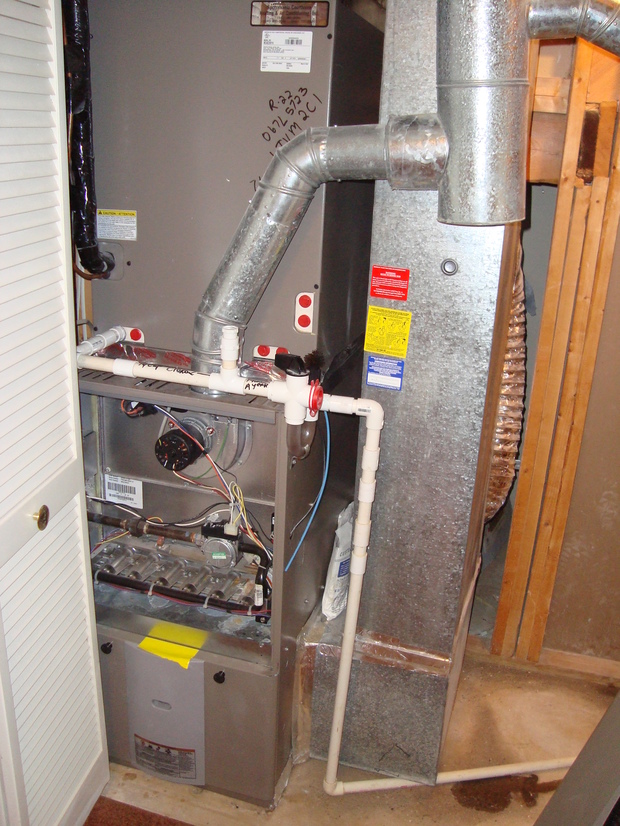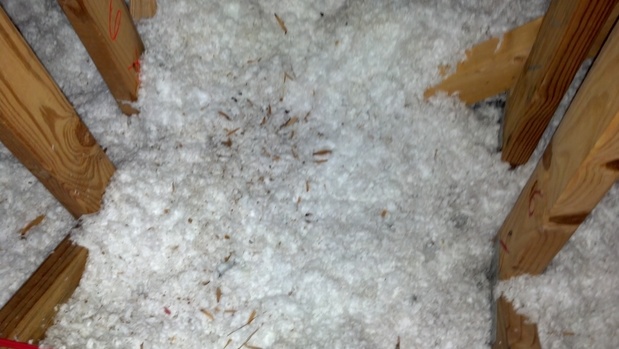December 31, 2014
What Does It Cost to Sell Your House?
If you’re thinking of selling your home, you may be counting the profits based on your estimated home value and the balance on your mortgage statement.
Before you get too excited, remember that putting your home on the market comes with its own costs. However, homeowners can use some creativity and comparison shopping to reduce their costs and boost their bottom line.
While you may feel as if you’d rather spend money to buy your next property rather than to sell your house, remember that careful spending on the marketing of your home can result in a higher profit at the end of the transaction.
Get Your Home Ready for Market for Less
Before you list your home for sale, you’ll need to spend some time and money getting the property in pristine, buyer-friendly condition so it garners the highest possible purchase price. While you may think you need to spend thousands on a new bathroom, paint your entire home or put in a new garden, you should consult a REALTOR® who can tell you the best ways to spend your energy—and your cash.
Getting rid of clutter, organizing your closets, paring down your personal photos and deep-cleaning every inch of your home are all cost-free steps that go a long way to improving your home’s appeal. Simple, inexpensive fixes such as replacing cabinet knobs and light bulbs can make your home look cleaner and more modern without requiring excessive spending.
Limit Spending During the Marketing Phase
Once your home goes on the market, it’s best to make it available as often as possible for potential buyers and their agents. If you have a pet that could disturb buyers or makes your home seem crowded, you may be tempted to pay for boarding. Instead, look into your options for pet-sitting exchanges or develop a routine to take your pet with you when you leave the property so it can be shown.
While staying away during a scheduled open house can be relatively easy to arrange, vacating your home for unexpected or last-minute visitors can play havoc with your and your family’s lives, especially around mealtimes.
You can head to a restaurant to wait out visitors or to avoid cooking entirely so that your kitchen is always pristine and your home never smells like fish or spices—but that can get costly. Instead, have a variety of contingency plans such as visiting the library to do homework, purchasing picnic supplies for impromptu meals and making plans with nearby friends to cook at their home when necessary.
Reduce Your Closing Costs
Closing costs on a home sale are typically a far greater expense than restaurant meals or pet care, but sellers can take steps to keep their costs as low as possible. Home buyers typically pay most of the closing costs, but this is negotiable and varies according to local market conditions.
Typically, the largest closing cost paid by sellers is the commission for the agents involved in the transaction. Commissions vary by location and are negotiable, but they commonly can be up to 6% of the sale price. As a seller, you can negotiate the commission with your listing agent, but remember that working with a knowledgeable REALTOR® can increase the sale price of your home and your ultimate profit.
Other costs at the closing for sellers also could include paying off your loan balance, any unpaid property taxes and outstanding homeowner association dues—none of which are negotiable. Depending on whether you hire your own attorney and on the local practices in your market, you may need to pay an attorney’s fee, transfer taxes and a title insurance premium.
Consult your agent and a title company to get an estimate of your costs and to ask if any of those fees can be reduced or negotiated.


















